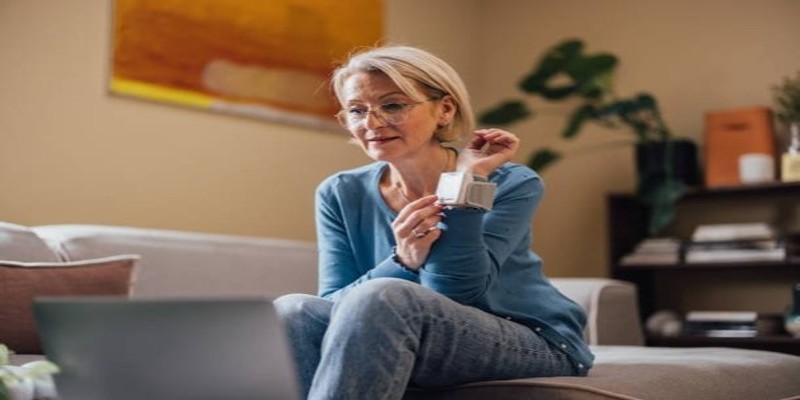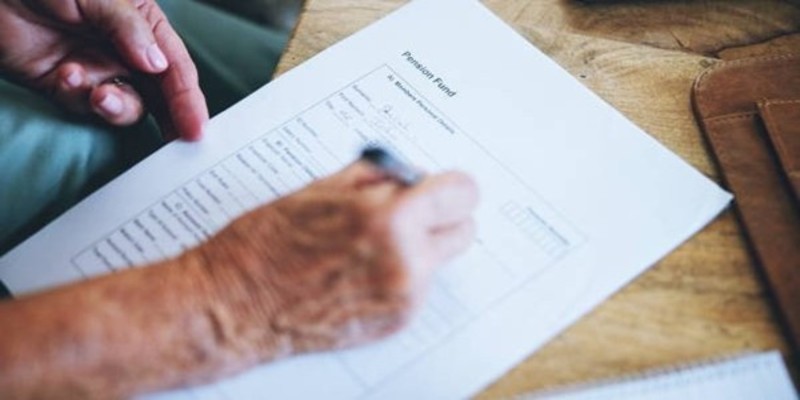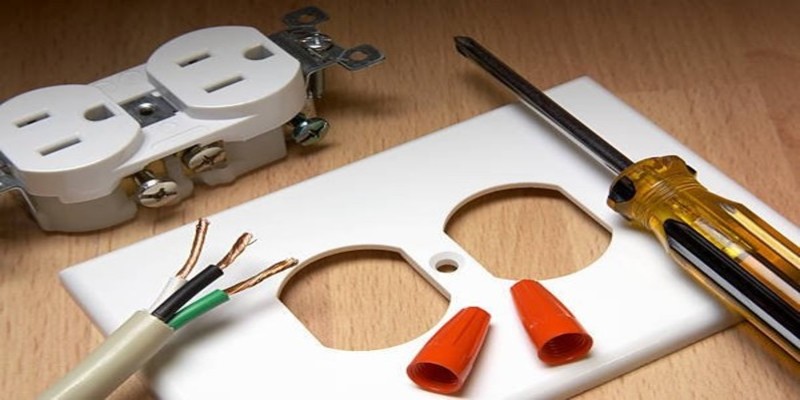Safety Tips for Seniors Living Alone
Aging comes with its own set of challenges, and living alone as a senior can add even more to the mix. Independence is something we all cherish, but safety is just as important. A simple fall, a scam call, or even a power outage can turn a good day into a stressful one.
Aging comes with its own set of challenges, and living alone as a senior can add even more to the mix. Independence is something we all cherish, but safety is just as important. A simple fall, a scam call, or even a power outage can turn a good day into a stressful one.
It’s no exaggeration to say that small safety measures can make a huge difference. If you or an elderly loved one lives alone, knowing a few home safety tips can help prevent accidents, keep potential dangers at bay, and create a more comfortable, peaceful living environment.

Prevention of Falls: The Major Safety Threat Against Older Adults
Fall risk is one of the greatest dangers for seniors living alone. Losing balance on a loose rug or wet bathroom floor can result in a serious injury in just one moment.
Data show that falls cause the majority of hospitalizations in people over 65. To avoid falls, seniors should keep rugs in place, have grab bars installed in bathrooms, and wear good-grip shoes while inside.
Proper lighting is also an essential factor. Dimly lit hallways or stairways are more dangerous and should be equipped with motion sensor lights. Regular vision check-ups are essential; poor vision increases the risk of missing an uneven surface or misplaced item.
Securing The Home Against Intruders
Living alone leaves seniors particularly prone to breaking, so home security for seniors must never go unnoticed. A sound security system with cameras and motion detectors will work wonders to deter intruders.
A video doorbell will enable them to see who is at their door without opening it, helping to protect against scams and break-ins.
Another biggie? Avoid broadcasting plans to be out of town online. While it sounds harmless, that is a classic way criminals scan so they can target houses they know will be empty.
Keeping windows and doors locked even when one is at home is another smart habit. Simple habits like never opening the door to strangers and a peephole can go a long way.
Scams and Financial Fraud Prevention
Scammers take advantage of older people, and with telephone and Internet fraud on the rise, it is equally important to protect seniors from financial vulnerability as it is from other forms of violence.
Emergency financial help is always requested of these elderly people, who are presented to them as government agents, bank representatives, or even distressed family members. Seniors should never give out bank details over the phone or click on dubious email hyperlinks.
It is wise to set bank alerts. Many banks notify their clients of large withdrawals or unusual activity so seniors can detect fraud earlier.
If something weird is suspected, the next best step is to consult trusted family members or a financial advisor before making further decisions.

Emergency Preparedness: Being Prepared For Anything
Power outages, medical emergencies, and natural disasters can be catastrophic, especially for those who live independently.
It is essential to maintain an emergency supply kit with items such as flashlights, batteries, medications, and significant contact numbers. A "medical alert system" directly contacting emergency services would save lives when one cannot reach a phone.
Regular check-ups with family or neighbors also support the layer of safety. A daily phone call or text will cover the system so that, if needed, help will be much faster than later.
Fire Prevention and Carbon Monoxide Awareness
Seniors staying alone must exercise extra fire vigilance. Cooking is still one of the top causes of fires at home. A reminder should always be set to turn off anything cooking, and the kitchen should never be unattended.
Installing smoke and carbon monoxide detectors in strategic places such as kitchens and bedrooms will allow seniors enough warning before a situation becomes dangerous.
Having an accessible fire extinguisher and escape route provides another layer of protection. For seniors with mobility issues, a well-lit and straightforward path to an exit is crucial.
Staying Connected for Mental And Emotional Wellness
Safety encompasses not just physical but also emotional health. Loneliness can affect a senior's overall health, possibly leading to depression or cognitive decline.
Being socially active through phone chats, video calls, or other activities in the local community keeps their minds engaged and positive.
Joining a senior center, attending hobby clubs, or having a pet for companionship are all things that help provide that emotional support often lacking in solitude.
Seeing and having fun with friends and family make it easier to ask for help when required.
A Safe and Well-kept Home
A well-maintained home assures safety. Loose wires, uneven flooring, and cluttered hallways are a few of the hazards. Frequent home maintenance checks, such as fixing leaks, changing air filters, and assessing electrical outlets for safety, create a highly secure environment.
For those who have trouble keeping up with household chores, hiring professional cleaning and maintenance services to keep the home safe from hazards can counteract some of the stress.

Peace Of Mind Living Alone
Living alone as a senior citizen doesn't have to mean sacrificing safety. With these safety considerations, how seniors can stay safe alone and enjoy independence.
From fall protection to home security for seniors, tiny changes make a big difference. Implementing tips on home safety for older people is about convenience and comfort, not restrictions.
These safety tips for seniors living alone allow senior citizens to enjoy their later years without worry. Whether securing the house, monitoring medications, or staying socially engaged, each step ensures a safer and happier lifestyle.